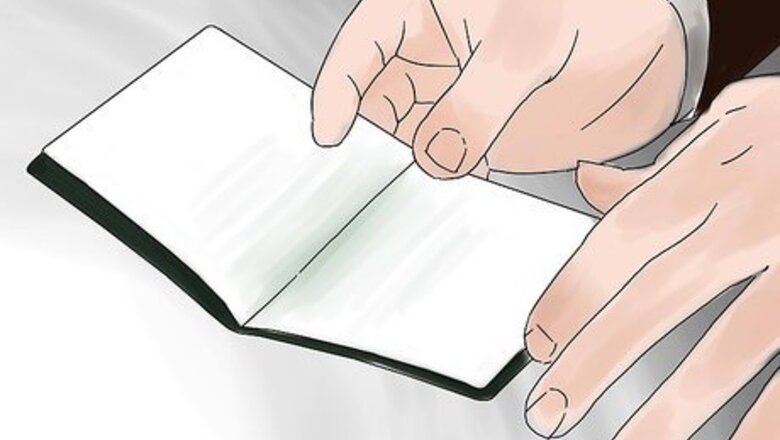
views
Meeting the Requirements
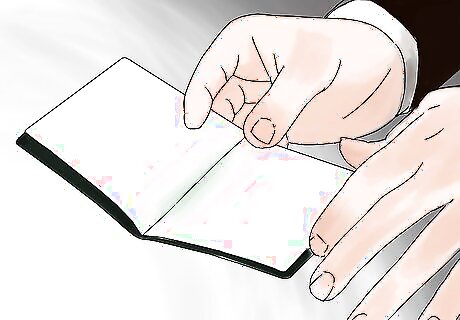
Have some sort of visa. In order to become a Canadian citizen, the obvious first step is to move to Canada. However, you can't just pack up your belongings, scale the Niagara, plop down, and start counting the days (unfortunately, the government frowns on that). After your tourist visa is up (6 months), you'll need to have some sort of work/school permit (or be married to a Canadian) to stay on that side of the Commonwealth. Apply for whatever you qualify for while you're still in your home country. Often the processing takes practically forever. The sooner you start, the better. You will receive a 1/2 day credit for every day you live in Canada prior to becoming a permanent resident, for the record.
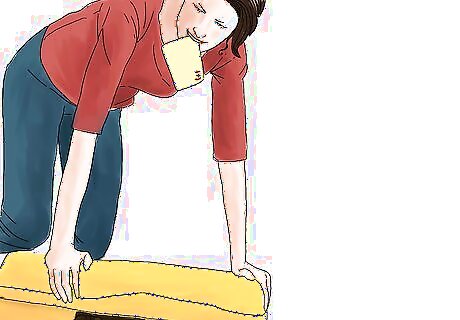
Move to Canada. After all the paperwork is completed, move to Canada! If all your ducks are in a row, this won't be an issue. You can now worry about the finer things, like getting a moving van and signing a lease. Be prepared to show all types of ID and proof of your current legal residency status -- otherwise everything you're doing is illegal.
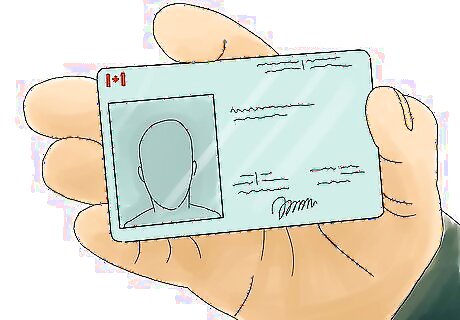
Get your "Maple Leaf Card." That's what the Permanent Resident Card is informally known as. If you're on a student visa or a working visa or some other type that allows you in Canada for a specific amount of time, you'll need to upgrade. Your Maple Leaf Card will let you stay in Canada for an indefinite amount of time. There's obviously necessary paperwork to fill out, fees to pay, and time to wait when it comes to this. It's also a mandatory step -- you cannot go from staying in Canada on a temporary visa to becoming a citizen. Visit Canada's citizenship and immigration website for official information.
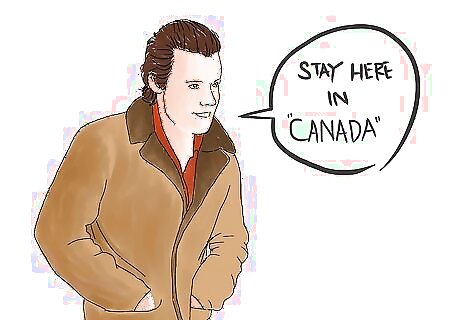
Stay put for 1,460 days. Once you're a permanent resident, you need to be able to prove that you've been in Canada for 1,460 days out of the past 5 years (that's 4 years). It does not have to be 1,460 consecutive days. So long as you're there for 4 out of the past 5 years, you're good to go. And yes, they will look at your passport, deciphering it until the moose come home. As stated previously, you'll receive 1/2 a day's credit for every day spent in Canada prior to becoming a permanent resident. All the more reason to get on establishing your residency! This 4 year rule does not apply to those under the age of 18.

Speak French or English well enough to communicate effectively. This is a requirement to becoming a Canadian citizen, as most of the residents in Canada speak at least one these languages fluently. When the time for the citizenship test rolls around, you will be given an exam. If you don't pass, you won't become a citizen. Don't worry about specific knowledge -- they're mainly concerned with everyday conversations and the abliity to express yourself. If English or French isn't your native tongue (or close to it), Canada's immigration website has a list of documents it will accept as proof that you meet the language requirement. These will be required as part of your citizenship application.
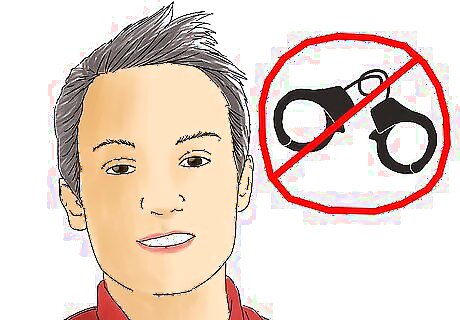
Make sure Canada wants you there. If Canada has ordered you to leave their country, that's a good sign that you won't get citizenship status. What's more, your criminal record may not allow you to become a citizen. If you have been to prison or if you are on probation in the 3 years prior to when you want to become a citizen, you are not eligible. However, once your record is clean, you will be able to reapply for citizenship. You cannot be deemed a "security risk" or otherwise criminally prohibited. You cannot be currently getting investigated or convicted of a criminal offense. Basically, stay away from mishaps with the law and you'll be fine.
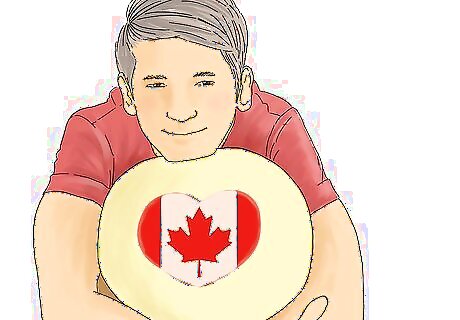
Know and love Canada. After all, why wouldn't you? Part of the test to become a citizen is demonstrating how well you know Canada. When you apply, they'll send you a booklet (more on that in a bit), but you can get the ball rolling yourself. Everything you need to know is on the Internet. Apart from Wayne Gretsky, Justin Bieber, Jim Carrey, maple syrup, beavers, hockey, (of course if Canada was gone/there'd be no more) Celine Dion, beer, mounties, and bacon, we've also Canada to thank for Trivial Pursuit, the TV, the telephone, the zipper, basketball, and the electron microscope. We should all practically revere Canada -- did we mention the free healthcare and not-shut-down government? All stereotypes aside, you really do have to know Canadian history. This includes their values, institutions, and symbols. To get more specific, visit their website -- there's a pretty complete list of what you'll need to cover, from the economy, to their regions, to how they govern themselves (the King is really, really far away).
Completing the Application
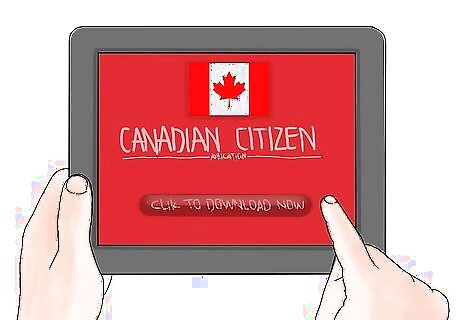
Download the Canadian citizen application from the Citizenship and Immigration Canada website. As soon as the application is downloaded, begin filling it out. Make sure you read the instructions that come with the application so you are sure you fill it out correctly the first time. Included in the application packet is a document checklist. Be sure you have everything you need and in the right format. Fair warning: it's an extensive checklist. If you do not fill out everything correctly and include everything you need, it will get sent back to you. You will get very frustrated if this happens and it's very easy to avoid -- so read everything thoroughly.
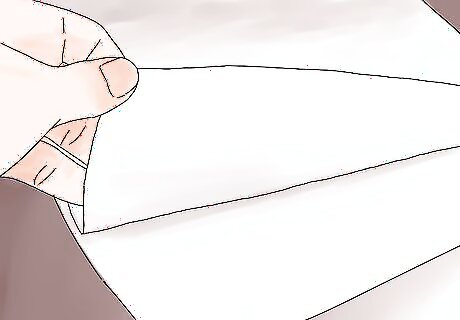
Make photocopies of virtually everything. In general, the citizenship office is not looking for originals. If you send originals, you will not have them when you need them for the actual interview. Grab that document checklist and make sure you have everything. And in case something goes wrong, make photocopies of your photocopies. You'll need photocopies of transcripts, school records, travel records, your Maple Leaf Card, your ID card, and proof of language evidence, in case you were curious.
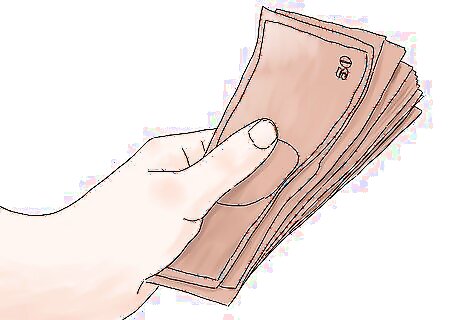
Pay the necessary fees for the application. These fees will be listed in the instruction manual. The application fees are non-refundable and the fees have to be paid each time you apply for Canadian citizenship at the same time you send in your application. As of 2013, the total fees for one adult were $200 CAD -- and it must be paid in Canadian currency. It is preferred that you complete this online (with your application). However, you can also pay the fees at a financial institution in Canada. If you choose the in-person method, you will need to fill out a payment receipt form (IMM 5401). The cashier will handle the brunt of this. The half you receive back should be filled out and attached to your application.
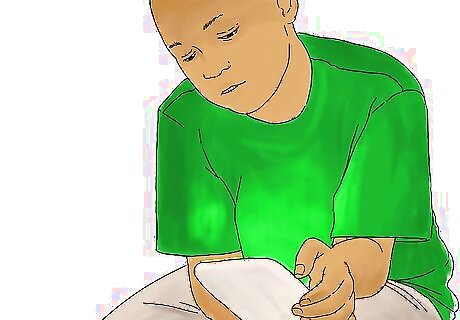
Read the photograph directions in the application instruction manual. Make sure you have two photographs taken that meet these requirements. Sign your name at the bottom of each photograph and attach these with a paperclip to your citizenship application.
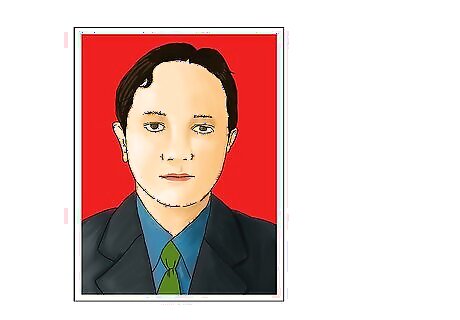
Complete the application with all necessary attachments and submit it. Do one more once-over; do you have everything you need? If so, you can mail it to the address given in the application instruction manual. The address is: Case Processing Centre – SydneyGrant AdultsP.O. Box 7000SYDNEY, NSB1P 6V6 If you're mailing it by courier, the address is:Case Processing Centre, SydneyGrant Adults49 Dorchester StreetSydney, Nova ScotiaB1P 5Z2
Securing Citizenship
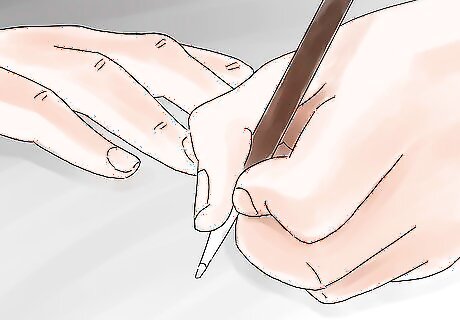
Study the booklet entitled "Discover Canada: The Rights and Responsibilities of Citizenship." This booklet will be sent to you once your application is received by the proper authorities. However, there's also a PDF online and an audio version as read by famous Canadians. They've thought of everything. On the citizenship test, there will be questions about Canada's political system, geography and history, and you will have to pass this test in order to be a Canadian citizen. This booklet covers all of that. The audio version comes in English and French, and, unfortunately, isn't read by Howie Mandel, Leonhard Cohen, or Avril Lavigne.

Wait for the decision-making process to complete. As with most things, this takes time. The CPC sends your application to the CIC nearest you to ensure the speediest delivery. You may be asked to come into the office to review your documents -- this is entirely routine. Bring your original documents with you. From the point they receive your application and you become a citizen, it currently is estimated to take 25 months. If your application is incomplete or there are other problems, it is estimated to take 35 months. If you don't receive word back automatically, don't fret. Good things come to those who wait.

Receive notice of your interview and citizenship test. After your application begins processing, you'll receive a "Notice to Appear" for your interview. Appear at the appropriate time and place that your Notice to Appear states, take your citizenship test and complete your citizenship interview. Your interview will basically be the same as the test questions, just asked orally. If you don't speak English or French as your native tongue, this will also serve as your language assessment. A judge will determine whether or not your skills are up to par.
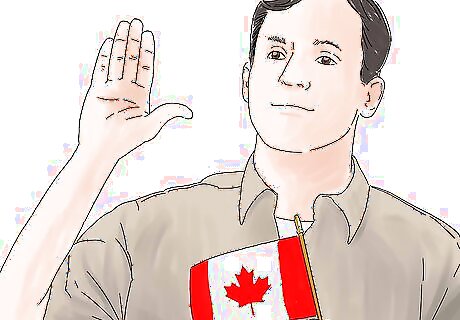
Appear for your Citizenship Oath. This, too, will be notified to you by mail. It will also state where and when to be at the designated place (the location is determined by your place of residence). Receiving this notice means you have passed your written citizenship test and interview. Woohoo, eh? You will receive your Certificate of Canadian Citizenship at the ceremony. So don't miss it! After all the hoops you've jumped through, this is it! All you have to do is appear, take your oath, and you're in for good. Time to eat some poutine!
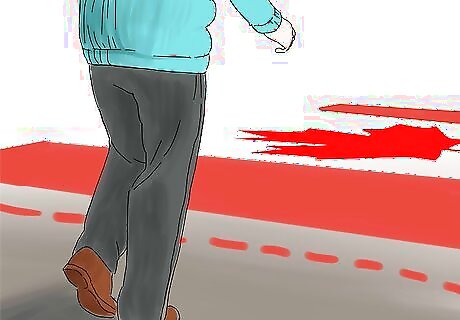
Know your situation. You either now have dual citizenship or are looking to renounce your original citizenship. If you're American transitioning to certifiable Canadian, that fee is 2,350 USD, amongst other things like piles of paperwork. Along with fees, there are other things to consider: If you do have dual citizenship, there are benefits and disadvantages. Make sure you're up to snuff on the legal requirements -- you don't want to viewed as a tax or military draft evader. The requirements vary by country, so do your research. If you do renounce your original citizenship, it's not something you can get back easily. This is not something to jump to -- make sure you're 110% positive this is the track you want to take.











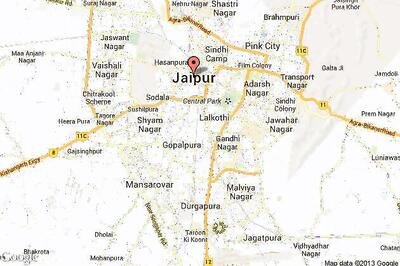


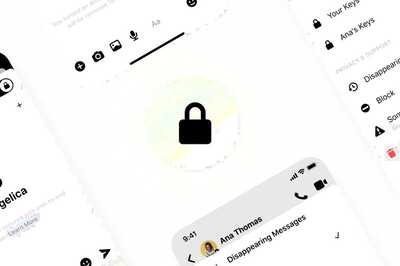


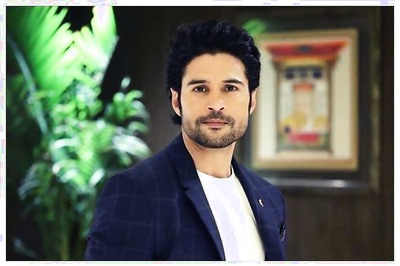


Comments
0 comment